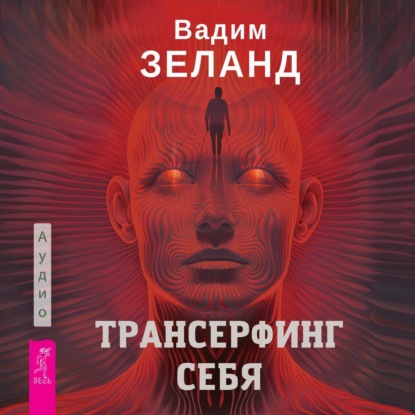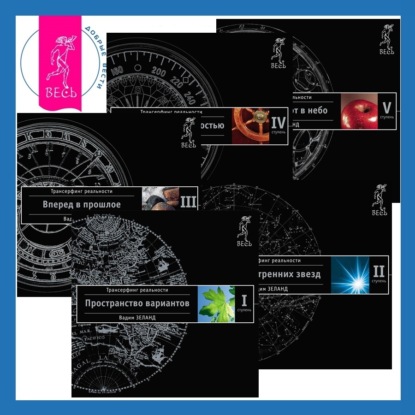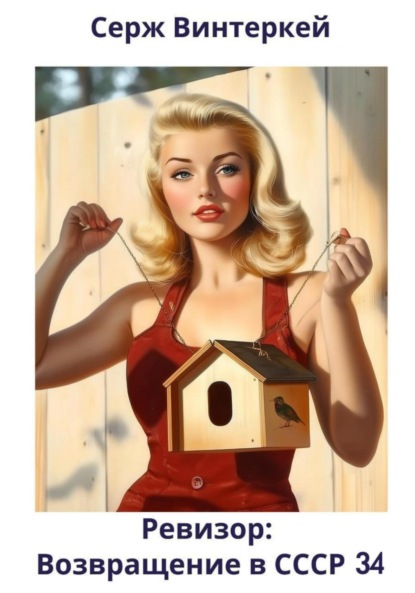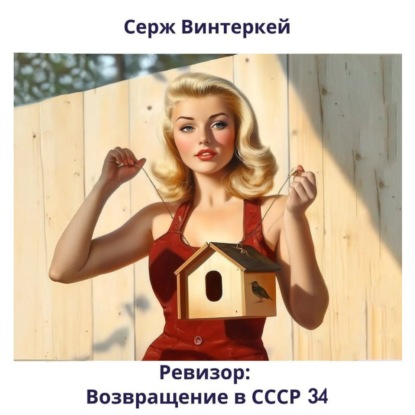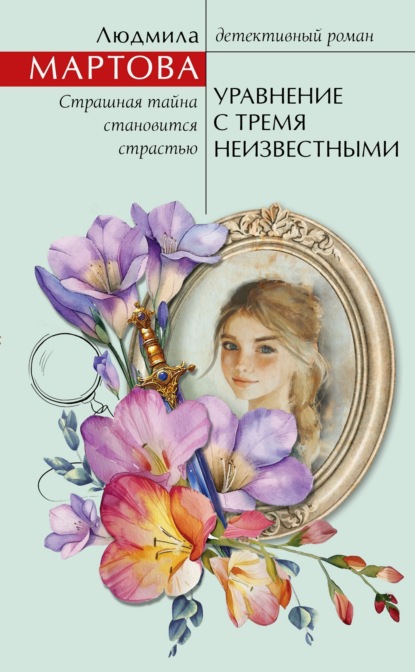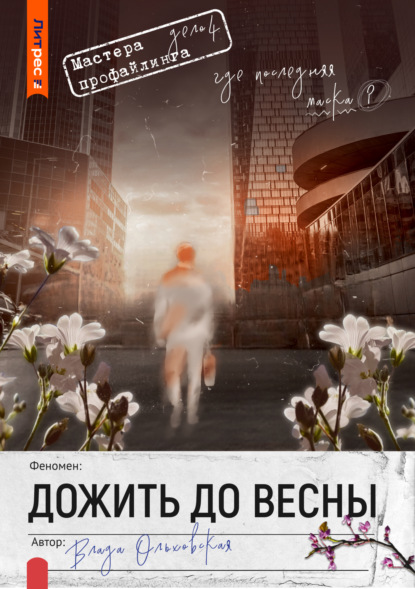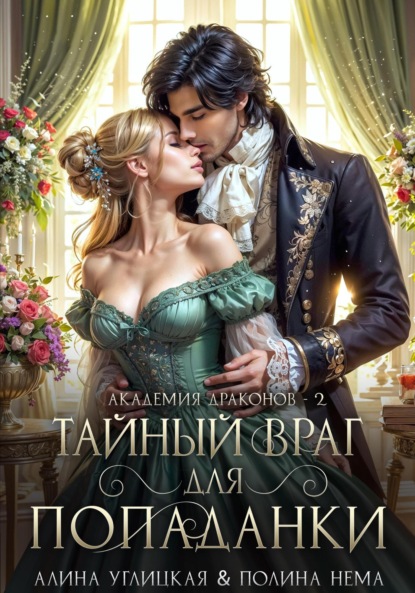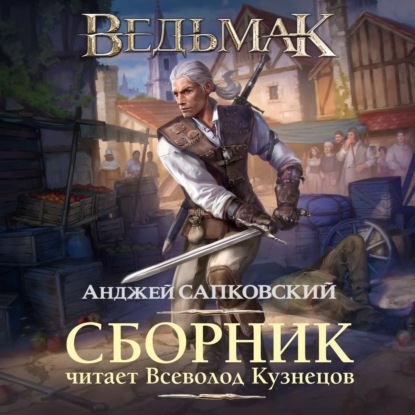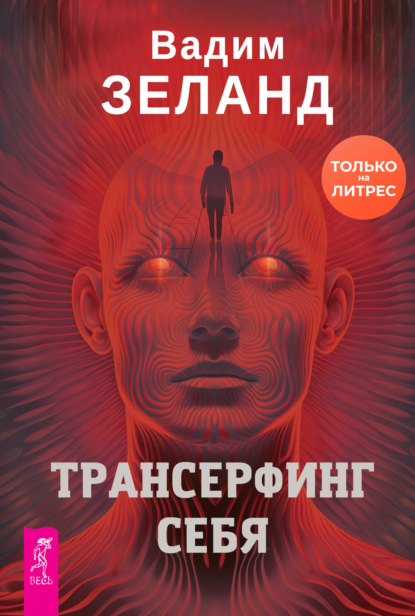For much of the nineteenth century European militarists had channeled their spirit and energy into sports in hopes of creating a training ground for warriors. This new concept and logic fed upon the ideas of racial purity and warrior cults. It was a belief system well in keeping with the imperialism of the times. In the 1890s this form of ideology and practice reached new levels as athletes began to compete under the banners of nations. Following WWI, and as a result of the worldwide growth and popularity of the Olympics, the game of ice hockey took on a more complex form as teams representing countries began to compete in international play. Cultural differences, political ideologies, and blind nationalism supplanted sportsmanship. Pride and emotion replaced reason. From North America to Nazi Germany, and on to the gates of Moscow, what were designed to be hockey games of goodwill became battles. The Great War was over; the longest undeclared war of nations was about to begin. Это и многое другое вы найдете в книге Tribes: An International Hockey History (Darril Fosty, George Fosty)
Tribes: An International Hockey History Darril Fosty, George Fosty (книга)
Подробная информация о книге «Tribes: An International Hockey History Darril Fosty, George Fosty». Сайт не предоставляет возможности читать онлайн или скачать бесплатно книгу «Tribes: An International Hockey History Darril Fosty, George Fosty»


